Related Research Articles

George Herbert Walker Bush was an American politician,diplomat,and businessman who served as the 41st president of the United States from 1989 to 1993. A member of the Republican Party,he previously served as the 43rd vice president from 1981 to 1989 under President Ronald Reagan,in the U.S. House of Representatives,as U.S. Ambassador to the United Nations,and as Director of Central Intelligence.

Richard Milhous Nixon was the 37th president of the United States,serving from 1969 to 1974. A member of the Republican Party,he previously served as a representative and senator from California and was the 36th vice president from 1953 to 1961 under President Dwight D. Eisenhower. His five years in the White House saw reduction of U.S. involvement in the Vietnam War,détente with the Soviet Union and China,the first manned Moon landings,and the establishment of the Environmental Protection Agency and Occupational Safety and Health Administration. Nixon's second term ended early,when he became the only president to resign from office,as a result of the Watergate scandal.

Edwin Meese III is an American attorney,law professor,author and member of the Republican Party who served in official capacities within the Ronald Reagan gubernatorial administration (1967–1974),the Reagan presidential transition team (1980–81) and the Reagan administration (1981–1985). Following the 1984 election,he was considered for the position of White House Chief of Staff by President Reagan,but James Baker was chosen instead. Meese eventually rose to hold the position of the 75th United States Attorney General (1985–1988),a position from which he resigned following the Wedtech scandal.
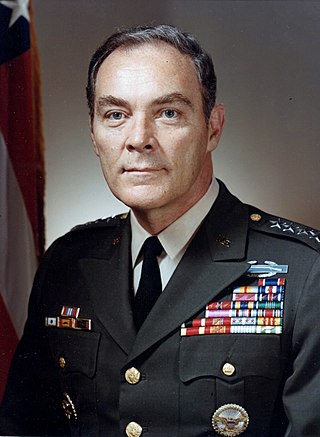
Alexander Meigs Haig Jr. was United States Secretary of State under President Ronald Reagan and White House Chief of Staff under Presidents Richard Nixon and Gerald Ford. Prior to and in between these cabinet-level positions,he was a general in the United States Army,serving first as the vice chief of staff of the Army and then as Supreme Allied Commander Europe. In 1973,Haig became the youngest four-star general in the U.S. Army's history.
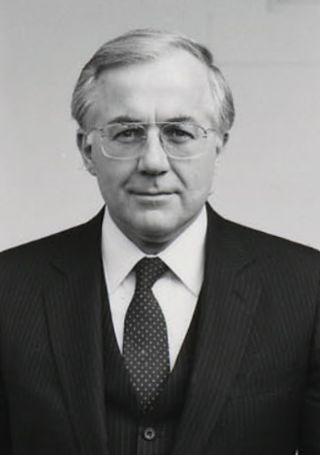
Richard Vincent Allen was the United States National Security Advisor to President Ronald Reagan from 1981 to 1982,having been Reagan's chief foreign policy advisor from 1977. He has been a fellow of the Hoover Institution since 1983. He is a past member of the Defense Policy Board Advisory Committee.
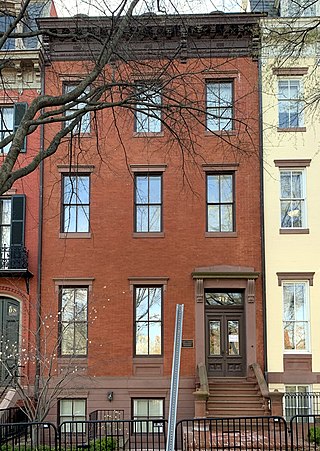
The White House Fellows program is a non-partisan federal fellowship established via Executive Order by U.S. President Lyndon B. Johnson in October 1964. The fellowship is one of America’s most prestigious programs for leadership and public service,offering exceptional Americans first-hand experience working at the highest levels of the federal government. The fellowship was founded based upon a suggestion from John W. Gardner,then the president of Carnegie Corporation and later the 6th Secretary of Health,Education,and Welfare.

Howard Jay Phillips was an American politician and activist. A political conservative,Phillips was a United States presidential candidate who served as the chairman of The Conservative Caucus,a conservative public policy advocacy group which he founded in 1974. Phillips was a founding member of the U.S. Taxpayers Party,which later became known as the Constitution Party.
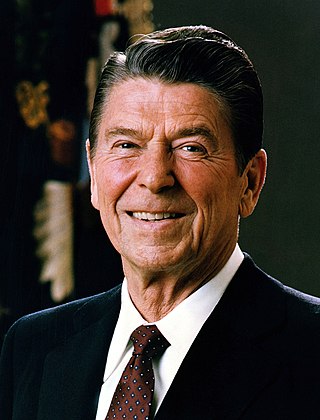
Ronald Reagan's tenure as the 40th president of the United States began with his first inauguration on January 20,1981,and ended on January 20,1989. Reagan,a Republican from California,took office following a landslide victory over Democratic incumbent President Jimmy Carter in the 1980 presidential election. Four years later,in the 1984 election,he defeated Democrat former vice president Walter Mondale to win re-election in a larger landslide. Reagan was succeeded by his vice president,George H. W. Bush. Reagan's 1980 election resulted from a dramatic conservative shift to the right in American politics,including a loss of confidence in liberal,New Deal,and Great Society programs and priorities that had dominated the national agenda since the 1930s.
Dan Crippen was the executive director of the National Governors Association from 2011 to 2015. He now serves as member of the Board of Trustees to the Center for Health Care Strategies,Inc. and a member of the advisory board of the Peterson Center on Healthcare. He is a former director of the Congressional Budget Office and assistant to the president for Ronald Reagan. Crippen served on NASA's Aerospace Safety Advisory Panel. He graduated from the University of South Dakota and Ohio State University.

Counselor to the President is a title used by high-ranking political advisors to the president of the United States and senior members of the White House Office.

Gerald Rudolph Ford Jr. was an American politician who served as the 38th president of the United States from 1974 to 1977. He was the only president never to have been elected to the office of president or vice president as well as the only president to date from Michigan. He previously served as the leader of the Republican Party in the House of Representatives,and was appointed to be the 40th vice president in 1973. When President Richard Nixon resigned in 1974,Ford succeeded to the presidency,but was defeated for election to a full term in 1976.

The President's Council of Advisors on Science and Technology (PCAST) is a council,chartered in each administration with a broad mandate to advise the president of the United States on science and technology. The current PCAST was established by Executive Order 13226 on September 30,2001,by George W. Bush,was re-chartered by Barack Obama's April 21,2010,Executive Order 13539,by Donald Trump's October 22,2019,Executive Order 13895,and by Joe Biden's February 1,2021,Executive Order 14007.
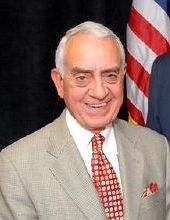
Kenneth L. Khachigian is an American political consultant,speechwriter,and attorney. He is best known for being a longtime aide to President Richard Nixon and chief speechwriter to President Ronald Reagan.

Martin Anderson was an American academic,economist,author,policy analyst,and adviser to US politicians and presidents,including Ronald Reagan and Richard Nixon. Under the Nixon administration,Anderson was credited with helping to end the military draft and creating the all-volunteer armed forces. Under Reagan,Anderson helped draft the administration’s original economic program that became known as “Reaganomics.”A political conservative and a strong proponent of free-market capitalism,he was influenced by libertarianism and opposed government regulations that limited individual freedom.

The Reagan era or Age of Reagan is a periodization of recent American history used by historians and political observers to emphasize that the conservative "Reagan Revolution" led by President Ronald Reagan in domestic and foreign policy had a lasting impact. It overlaps with what political scientists call the Sixth Party System. Definitions of the Reagan era universally include the 1980s,while more extensive definitions may also include the late 1970s,the 1990s,the 2000s,the 2010s,and even the 2020s. In his 2008 book,The Age of Reagan:A History,1974–2008,historian and journalist Sean Wilentz argues that Reagan dominated this stretch of American history in the same way that Franklin D. Roosevelt and his New Deal legacy dominated the four decades that preceded it.

Gerald Ford was the 38th president of the United States,serving from 1974 to 1977. After his tenure's end,Ford was active in the public sphere,traveling,writing a memoir,and voicing his opinion about contemporary issues within the United States and abroad.
Ralph C. Bledsoe is an American academic administrator,businessman,and political advisor who served as assistant to President Ronald Reagan and director of the United States Domestic Policy Council from 1985 to 1987.

The presidential transition of Ronald Reagan began when he won the 1980 United States presidential election,becoming the president-elect,and ended when Reagan was inaugurated at noon EST on January 20,1981.

The presidential transition of Richard Nixon began when he won the United States 1968 United States presidential election,becoming the president-elect,and ended when Nixon was inaugurated at noon EST on January 20,1969. Nixon had become president-elect once the election results became clear on November 6,1968,the day after the election. This was the first presidential transition to take place following the passage of the Presidential Transition Act of 1963.
References
- 1 2 White, Theodore H. The Making of the President 1972.
- ↑ "Domestic Policy: A New Pragmatism". Nytimes.com. 1982-08-04. Retrieved 2019-04-12.
- ↑ Williams, Juan (1983-04-18). "The Man Behind Reagan's High-Tech Hopes". The Washington Post. Retrieved 2019-04-12.
- ↑ "Edwin L. Harper (White House Special Files: Staff Member and Office Files) | Richard Nixon Museum and Library". www.nixonlibrary.gov. Retrieved 2020-06-14.
- ↑ "Dr. Edwin L. Harper | Principia Alumni". www.principiaalumni.org. Retrieved 2020-06-14.
- ↑ Incorporated, Prime. "National Academy of Public Administration". National Academy of Public Administration. Retrieved 2023-03-02.